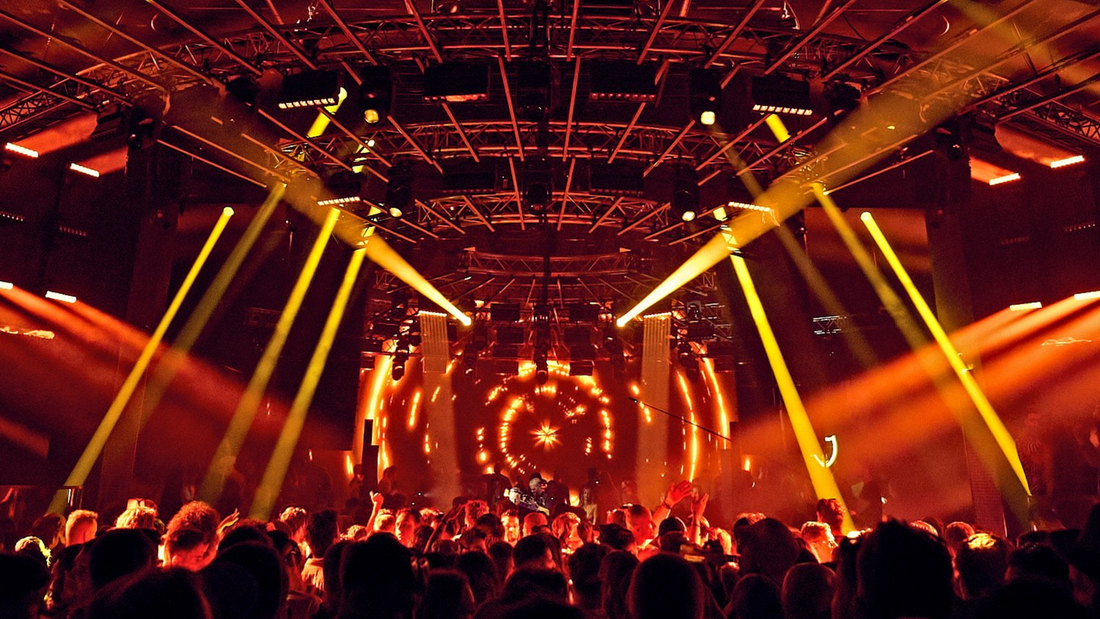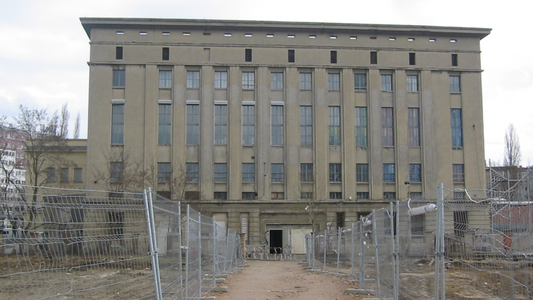
Ibiza Closing Parties: Soundtracks of Sunrise, Sunset, and Memory
By Rafi Mercer
There is a particular quality to the air on Ibiza in September. The heat still clings to the skin, but the edges have softened. The crowds thin slightly, the island exhales, and in the clubs a different kind of electricity builds — not the restless energy of openings, but the bittersweet intensity of endings. This is the season of the closing party: a ritual as old as the island’s modern mythology, where DJs, dancers, and dreamers gather to write the final chapter of summer.
I first came to Ibiza in the late eighties, when sound systems were powerful but hardly pristine. There was always something a little raw about them — the bass rumbling in ways that sometimes thrilled, sometimes blurred; the treble occasionally slicing too hard against the dawn. But the imperfections didn’t matter. What mattered were the moments: a record dropped at the exact instant the room tilted toward ecstasy, a vocal line floating over the terrace just as the sun broke the horizon. You remember the tune, and you remember how it made you feel. That was the currency. That was why you came back.
Through the nineties, the island grew more sophisticated, and so did its sound. Clubs invested heavily in their systems: Funktion-One stacks, finely tuned acoustics, engineers who understood that music at this scale had to be sculpted, not just blasted. You could hear the difference. The bass became architectural, the treble smoothed into air. A kick drum didn’t just mark time; it shifted the molecules in your body. Ibiza taught a generation how serious sound could feel.
And yet, even with all the upgrades, some places always felt better than others. Amnesia’s open-air terrace had a geometry that seemed to stretch sound toward the stars. Space had that long, low flight-path ambience — planes roaring overhead, the music below threading itself into the fabric of the island. Pacha could feel intimate one moment and theatrical the next, its system tuned to seduce as much as to overwhelm. And then there were the smaller places — bars, beach clubs, after-hours rooms — where the music might distort, the speakers strain, but the atmosphere made it transcendent. Perfection was never the point. The point was presence.
Closing parties distilled all of this into a heightened form. The season’s last night was always heavier, deeper, more emotional. DJs dug into their crates for tracks they had saved, the ones that carried narrative weight. Tunes you might not hear anywhere else, delivered in that one final arc. The dance floor felt different, too. People looked around more, embraced more, conscious that this was the last sunrise they would share until next summer. The music became a diary — each track a sentence in a story you were writing together.
But Ibiza was never only about the night. I spent countless mornings at Café del Mar, watching the sea burnish itself into silver, the air still humming with echoes from the clubs. Evenings brought their own theatre, the sun sinking slowly into the horizon, each track selected to score the descent. Those moments of suspension — the sea swallowing the sun, the crowd holding its breath — remain as vivid as any bassline. I can still hear them, still feel the air shift as if time itself slowed.
And beyond the terraces, the bay carried its own soundscape. Luxury yachts anchored offshore like expectant whales, their silhouettes swelling against the dusk. The thrum of distant bass carried across the water, merging with the wash of waves, the murmur of beach conversations, the island’s heartbeat stretched across sea and sky. The parties were unforgettable, but so were these quieter interludes — the way Ibiza taught you that sound could be everywhere: in clubs, in sunsets, in silence.
Those stories are what endure. Ask anyone who has been there, and they won’t just name the DJ or the track. They’ll tell you about the feeling — the collective breath as the system cut to silence, the eruption when the drop returned, the way a certain record became inseparable from a certain dawn. That is the essence of Ibiza: not just the tunes, but the way they imprint themselves into your body, your memory, your sense of self.
Today, the technology is better than ever. The sound is cleaner, heavier, more immersive. But the truth remains: some places are better than others, not because of the wattage or the engineering, but because of the stories the music makes possible. A system is a tool. A party is a ritual. And a closing party, when done right, is a collective act of remembering and letting go.
As I think back to those nights in the eighties and nineties, I hear not only the records — the piano stabs, the vocal loops, the relentless kicks — but also the silence that followed, the hush of dawn as the music faded. That silence was its own kind of sound. It told you something had ended, but also that it would return. And in that moment, you felt both loss and promise, held together by music that had, for one night, rewritten the world.
Rafi Mercer writes about the spaces where music matters. For more stories from Tracks & Tales, subscribe here, or click here to read more.


